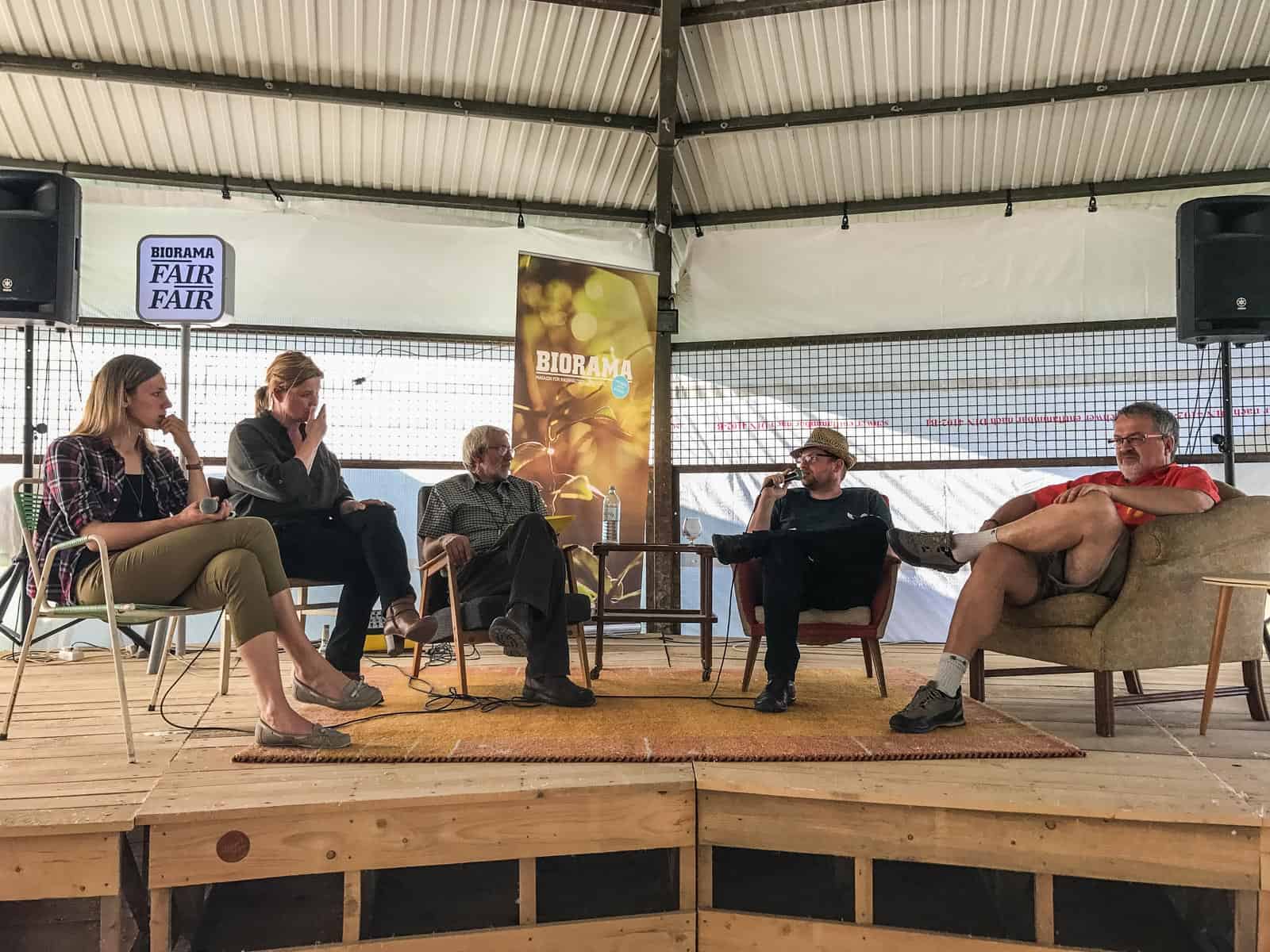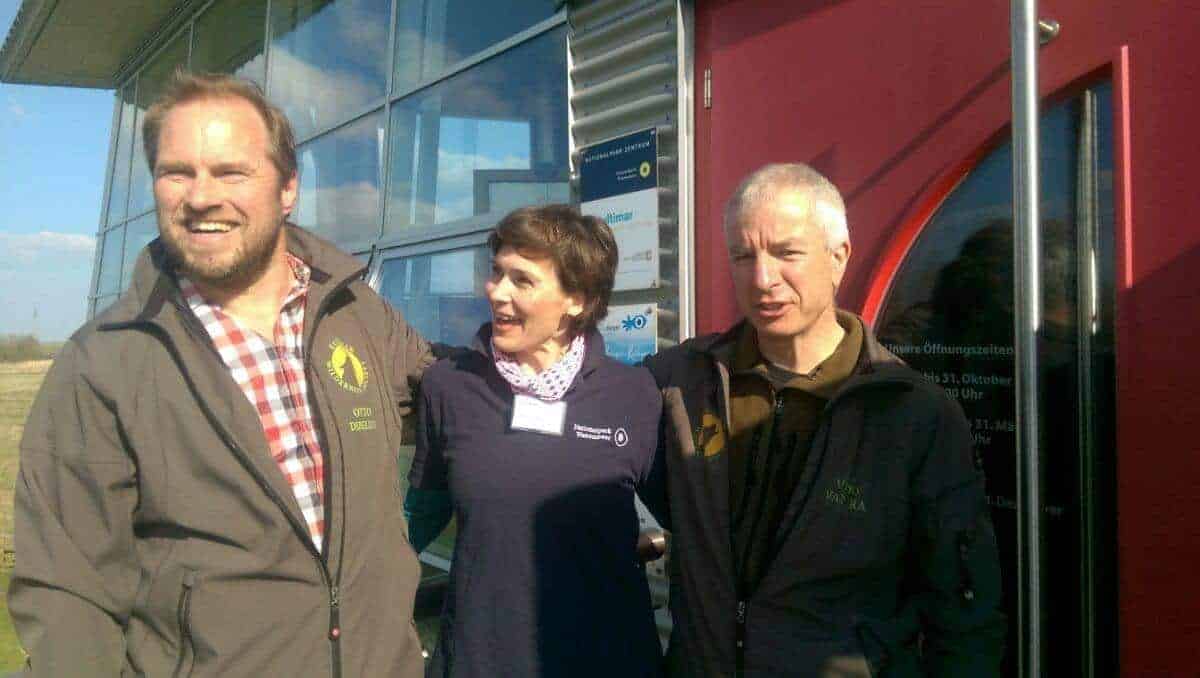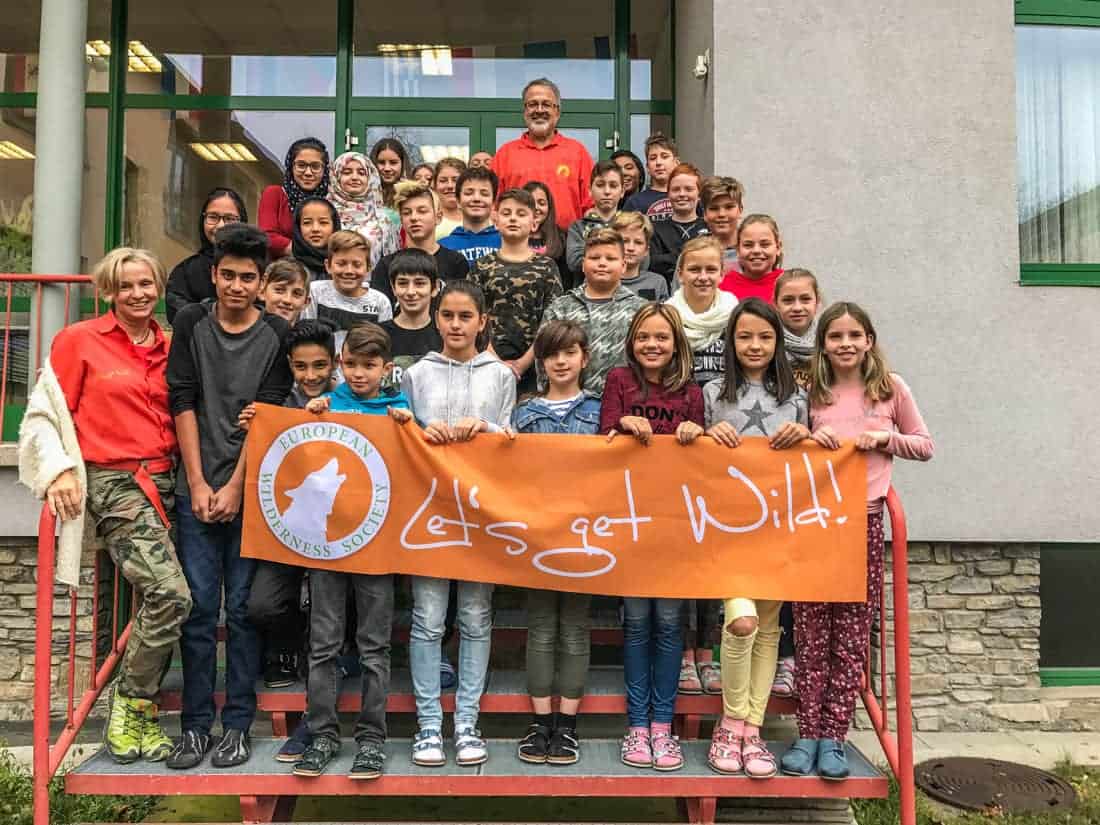The return of the Wolf in Austria: Discussion at the Biorama
At the FairFair trade show in Vienna hosted by Biorama, an organic rancher with cattle and horses from the Mühlviertel, a shepherd from the Kamptal (who’s herd was already attacked by wolf once), a researcher from the Wolf Research Center Austria and Max A E Rossberg from the European Wilderness Society discussed the challenges of the return of the Wolf to Austria. At the moment there are approximately 4-8 single wolves passing through at any time and the first Wolf Pack has settled in the military training area Allensteig. With the return of the first wolf pack, the emotions are high. The hunting association supported by the agricultural lobby is actively demanding a wolf free zone in Austria and preferably for the whole alpine region. Hunting should also be permissible. The arguments range from a supposedly threat of the wolves to the agricultural sector and a severe degradation of the value of hunting grounds.
The legal argument is focusing on the wolf being a threat to the Biodiversity, since he is hunting the sheep and without sheep the open alpine landscape is under threat all the way to the supposedly threat to humans and thus tourism. Protection of the shepherd is seen impossible due to the costs in combination with the landscape which makes fencing supposedly impossible and the use of guard dogs like the Partou from the Pyrenees is rejected due to possible conflicts with reckless tourist approaching them
The four participants did not agree with this assessment, but stressed that the politicians must supported the transformation of the agricultural sector to learn to live with the wolf in their neighbourhood. They also voiced frustration about the emotional led discussions between politicians, the hunting lobby, the agricultural sector and the Environmental NGOs.
The discussion ended with a short catalogue of demands to the Austrian government to support the return of the wolf on the one side while assisting the ranchers and farmer to adapt their organisations.







